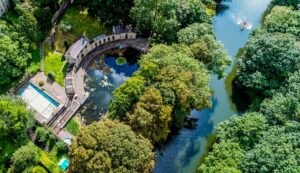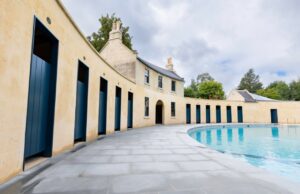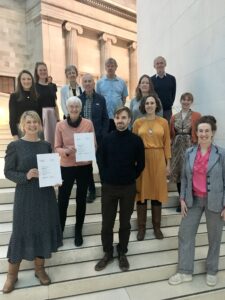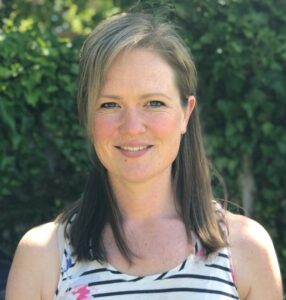GEM Conference 2022 // Volunteer Leaders: how can we re-examine the way we work with volunteers to embed community voices throughout our organisations?

It cannot be denied that museum learning and volunteer programmes are deeply intertwined – and while not all museum educators are volunteer managers, I don’t believe I’ve met one who has not worked with volunteers (or been one themselves!). Where learning programmes support multiple departments across organisations, volunteer programmes do too, and yet they are also often considered add-ons, separate to community engagement and not a core activity for museums.
In funding bids, more often than not, volunteer programmes are designed to offer up opportunities for volunteers to learn skills from museums in return for their time. Which reflects a narrative that museums do volunteers a ‘favour’ by inviting them in, facilitating their learning, and ultimately making them better people for participating. And while this is all very honourable, we fail to acknowledge the contradiction to the movement towards more collaborative working and better representation of our communities.
As we adjust the power balance between institutions and their people, why don’t we flip the narrative about volunteers too?
And so, to the Cleveland Pools…

In 2020, I became a Trustee of the Cleveland Pools Trust in Bath. The Trust was a small, volunteer-led organisation that had recently employed 3 staff to deliver an ambitious restoration project to enable the re-opening of Britain’s oldest lido. Funded by the NLHF, this project included a significant activity plan to run alongside the capital works, which of course involved managing a team of volunteers and recording the hours they contributed.
Volunteers had been involved for many years, but the funding meant the Trust could employ a Community Engagement and Volunteer officer to coordinate a growing programme. More volunteer opportunities were developed, and the administration was improved…but before delivery of the activity plan really got going Covid hit. We were forced to step back and review the way we worked; it was at this point volunteers really came into their own.
The introduction of virtual volunteering metaphorically threw open our doors making our programmes more flexible and accessible – it even made being a Trustee more achievable for me living away from Bath and having a young family. We thought more creatively about engaging with people and re-examined the way we worked with our communities and volunteers. Some of our activity had to be put on hold but we continued where possible, and our volunteer programme continued to grow with people offering up their skills and experience to support the project and invest in their community. Volunteers received some training but also pooled their skills and experience to form working groups that researched and developed content for the interpretation panels, developed the Pools’ branding, wrote newsletters, posted on social media, developed a digital archive, coordinated an intergenerational film project, oversaw the management of the restoration project and much, much more.
The flexible management of the volunteer programme by the Trust’s Community and Engagement Officer engendered mutual feelings of support, respect, trust and autonomy from which we would all benefit. And so, volunteers led the Trust’s activities through the pandemic and their unwavering commitment to the project demonstrated how important volunteering was to them too. Our volunteers had a huge impact on the delivery of this project. It simply couldn’t have been done without them.

And so, I encourage organisations as well as funders, to think differently about volunteers. To create programmes together, building them out of trust. To learn from your volunteers and recognise them for the people they are and not just for the hours they give you. Because they ARE a core part of the museums and heritage sector and can be your strongest advocates….and for the Cleveland Pools Trust, while it wasn’t without its challenges, it was certainly worth it.
The Cleveland Pools re-opens for swimming on 17th September 2022. Visit www.clevelandpools.org.uk for more information or contact [email protected]
Follow us on social media
Twitter @ClevelandPools
Insta @ClevelandPoolsBath
Facebook @ClevelandPools
About the author

Alice Le Page is a Museum and Heritage Learning Consultant with a portfolio career in the cultural sector spanning more than a decade. Her focus is to support organisations to embed open and accessible opportunities for participation and learning in their long-term operational strategies.
Alice became the Learning and Engagement Trustee for the Cleveland Pools Trust, Bath, in 2020. In this role she actively supports staff and volunteers to realise the Trust’s commitment to its communities.
